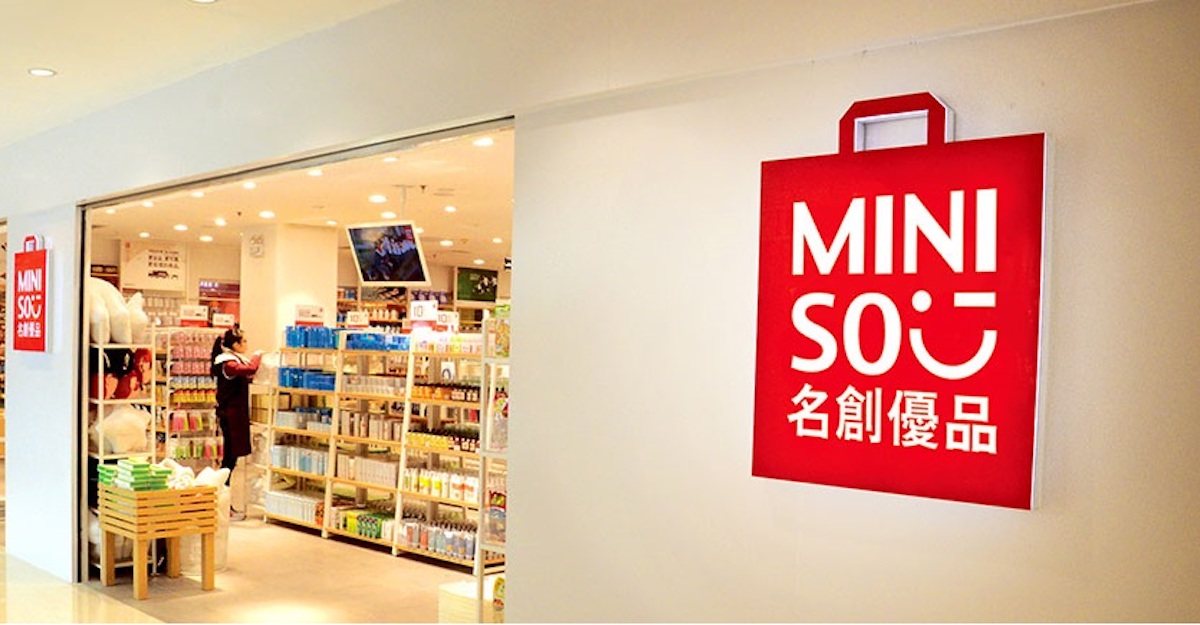Singapore is not unfamiliar to Japanese lifestyle concept brands such as Daiso, Muji, Tokyu Hands and Miniso.
Unfazed by the stiff competition and tough retail climate here, Miniso is planning to launch another 20 stores in Singapore by end 2017, bringing their total local outlet count to 46.
Co-founded in 2013 by Japanese designer Miyake Jyunya and Chinese entrepreneur Ye Guo Fu, Miniso prides itself as a brand selling well-designed products, ranging from homeware, bags and electronics, at low prices.
In fact, nothing is priced above $40.

In an interview with The New Paper, Singapore director of Miniso Alex Zhang said that he is confident that the brick-and-mortar model will continue to serve the brand well, despite the rise of online shopping.
“From what we observed, Singaporeans still enjoy the experience of shopping in malls. People here still love seeing the designs and products in person before buying them,” he added.
In an another interview with TODAY, co-founder Jyunya said its strengths and unique selling points – its products, designs, concepts, and price points – are what sets the company apart from their competition.
He added that Miniso also makes the effort to constantly refresh its items and introduce new items every one to three weeks, so that its customers will never get bored.
Overcoming The Many Odds
Miniso got off to a rocky start after entering the Singaporean market in December 2015.
Netizens doubted the brand’s authenticity, and questioned the inaccurate use of the Japanese language on its product packaging.
Co-founder Ye acknowledged the substandard copywriting on its products, claiming that it was an oversight on their part due to the company’s fast growth (80 – 100 Miniso stores open every month in China).
To rectify this, Ye said that the company had plans to hire “the best professionals in the industry” to manage the brand’s marketing communications.
Many also questioned why Miniso, despite claiming to be a Japanese brand, had only four stores in Tokyo compared with over a thousand in China.
The co-founders attributed this to the high saturation rate of similar products in the Japanese domestic market. The founders’ first priority was to globalise the brand, and they saw greater business potential in other countries.
However, they claimed that they are always on the look-out for opportunities to grow the Japanese market.
The brand also attracted flak because its name sounded like the popular $2 chain Daiso and its logo resembled that of Uniqlo.
In response, the company explained that the logo was designed to be simple and modern, in line with the brand’s philosophy. The “mini” in Miniso was derived from minimarts, and the red was chosen as it was an auspicious colour in Asia.
A Prosperous Future
The company’s expansion has been ambitious and aggressive since its inception, and despite the criticism thrown their way, their rise to popularity has been a successful one.
With more than 1,000 points of sales worldwide, from Hong Kong to Russia and Turkey, Miniso is a perfect example of how offline retails can still thrive in this time of e-commerce.
Featured Image Credit: SG Asia City








